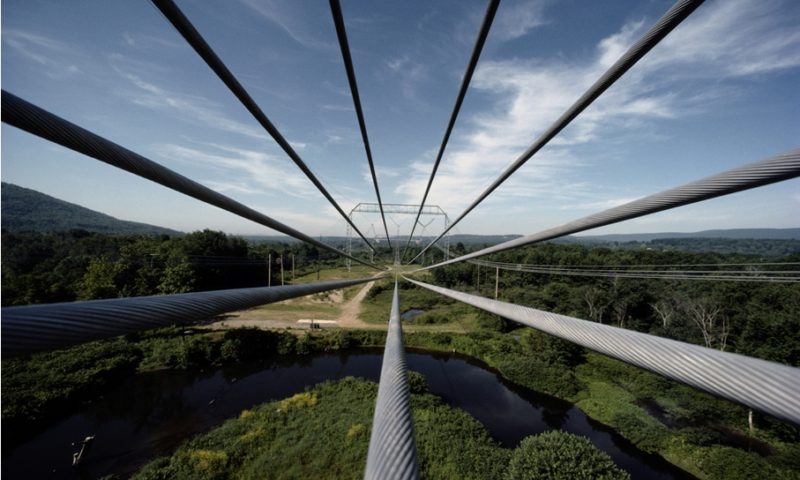The recently concluded fiscal year 2024 (FY24: April 1, 2023 to March 31, 2024) was very eventful for the interstate transmission system (ISTS) market, especially considering schemes bid out under the tariff-based competitive bidding (TBCB) mechanism.
For one, the number of ISTS-TBCB schemes awarded in FY24, at 23, was the highest in any fiscal year thus far. Power Grid Corporation of India Ltd (PGCIL) that has been a traditional leader in the ISTS-TBCB space saw its dominance somewhat waning in FY24, at least when compared to FY23. This Central PSU won 10 schemes out of the 23 awarded, marking a smaller percentage win compared with 12 wins out of 18 in FY23.
In FY24, the 23 ISTS-TBCB schemes awarded were distributed amongst nine developers – again, the largest developer base seen in any fiscal year so far. For a frame of reference, in FY23, the 18 ISTS-TBCB schemes awarded were distributed amongst just six developers. In fact, with PGCIL getting 12 schemes, the remaining six were thinly distributed amongst five developers.
The reason for a wider developer base in FY24 has been the debut of three developers on the ISTS-TBCB landscape. Tata Power and Torrent Power – two well-established names in the power T&D space – recorded their first ISTS-TBCB win in FY24, and so did Apraava Energy (formerly CLP India). In FY23, two developers – Megha Engineering & Infrastructures Ld (MEIL) and GR Infraprojects Ltd (GRIL) – had made their debut. Interestingly, for both MEIL and GRIL, the ISTS-TBCB win represented a diversification in the power transmission development sector, unlike for the three debutantes in FY24 that were already established in the power value chain.
Fiscal year FY24 also witnessed an unusual case of an “early acquisition” in the ISTS-TBCB space. In April 2024, Megha Engineering & Infrastructures Ltd (MEIL) won a scheme housed under “KPS1 Transmission Ltd”. Shortly after the SPV transfer by the bid process coordinator, the project SPV was acquired by Adani Energy Solutions Ltd. Though acquisition of operational ISTS-TBCB projects is a common phenomenon, KPS1 is perhaps the first case of a takeover at such an early stage of the project’s life.
As of now, there are around 40 ISTS-TBCB schemes under various stages of approval and bidding. Most of these are expected to be bid out in Q2 (July to September) and Q3 (October to December) of the current fiscal year, FY25. (Not much action can be expected with Central government-related matters in Q1 of FY25 given the Lok Sabha elections.)
It is therefore likely that FY25, despite the interruption in Q1, will see more ISTS-TBCB schemes getting awarded than in FY24. Besides, there are some large ISTS schemes that have been awarded to PGCIL under the regulated tariff mechanism (RTM) route – the Ladakh HVDC scheme is one case in point.
As already estimated in the latest National Electricity Plan, capital expenditure of Rs.4.76 trillion is envisaged in the power transmission sector during the five year period from FY23 to FY27 (April 1, 2022 to March 31, 2027). Of this, nearly two-thirds will be in the ISTS space while the remaining would be spent on the intrastate transmission system (InSTS).
Clearly, for equipment suppliers and service providers related to the power transmission sector, the opportunity space in the present and medium term is immense. Besides, the TBCB culture can potentially groom EPC contractors into developers.
The author of this article, Venugopal Pillai, is Editor, T&D India, and may be reached on venugopal.pillai@tndindia.com. Views are personal.

